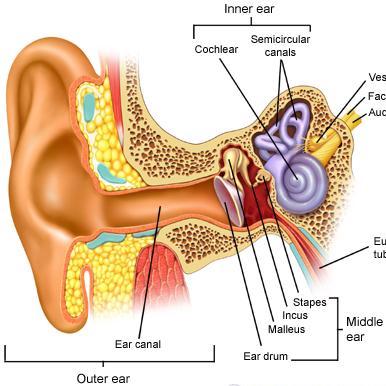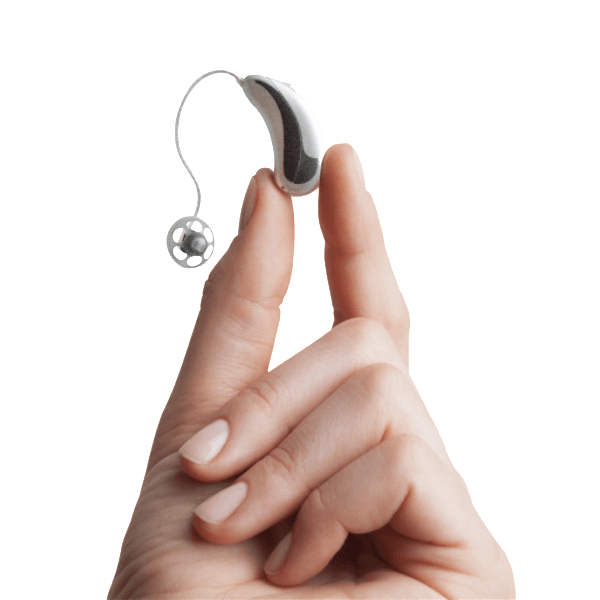Tinnitus Overview
Tinnitus is the perceived sound of ringing, buzzing, clicking, or whooshing in one or both of your ears.
What is Tinnitus?
As mentioned above, tinnitus is the perception of phantom noises in your ears that typically sound like buzzing, ringing, whooshing, clicking or roaring. Although not typically indicative of anything serious, tinnitus is actually not a condition upon itself. Instead, it is almost always a symptom of another underlying condition.
Types
Causes
People experience tinnitus for a myriad of reasons. Sometimes the causes are quite clear cut, whereby other times it may be difficult for a hearing healthcare professional to pinpoint exactly why you experience tinnitus.

Hearing Loss

Physical Abnormalities

Diseases and Other Health Concerns

Medications
Tinnitus Treatment

Masking Devices and Hearing Aids

Tinnitus Retraining and Therapy

